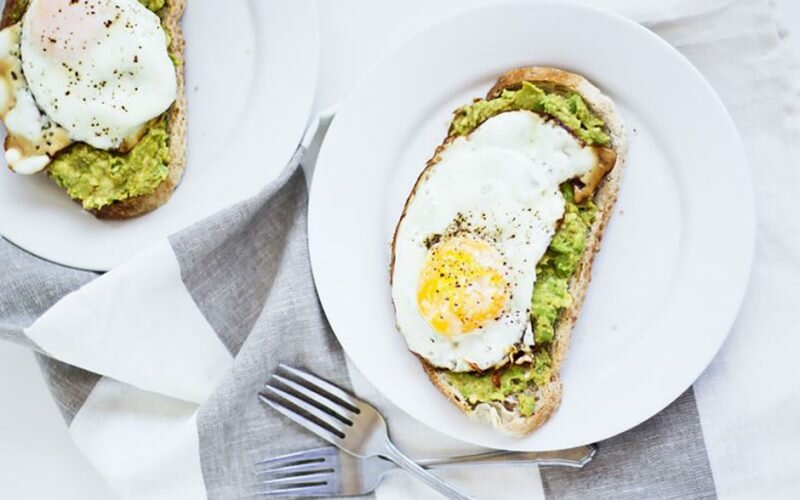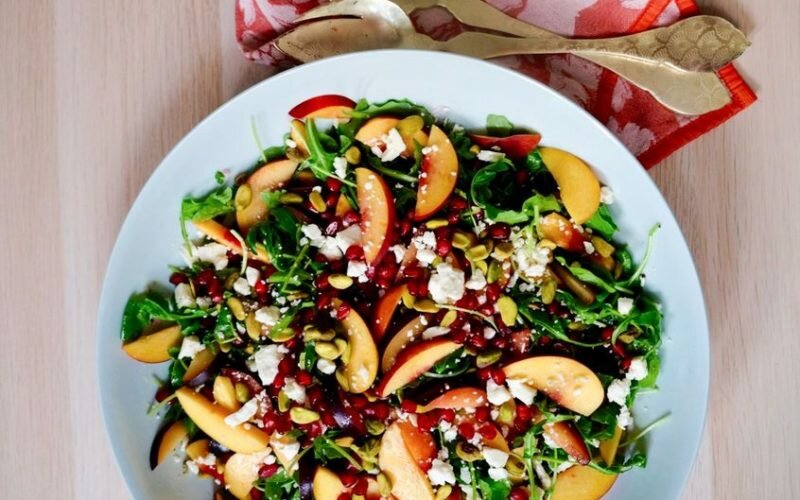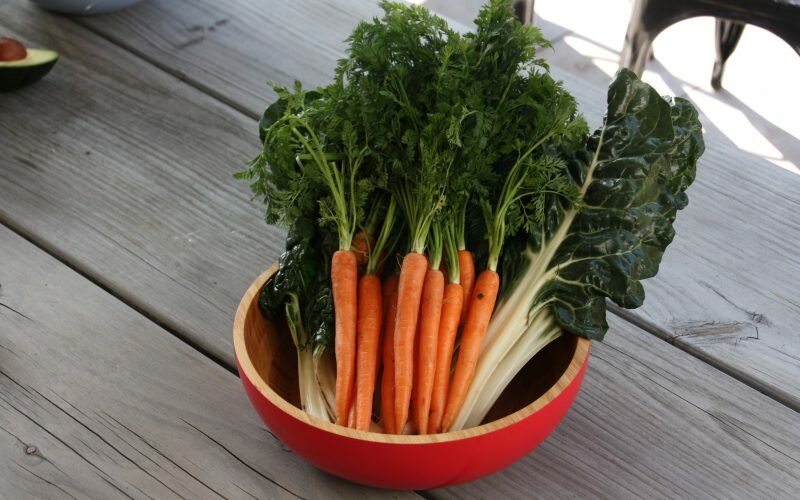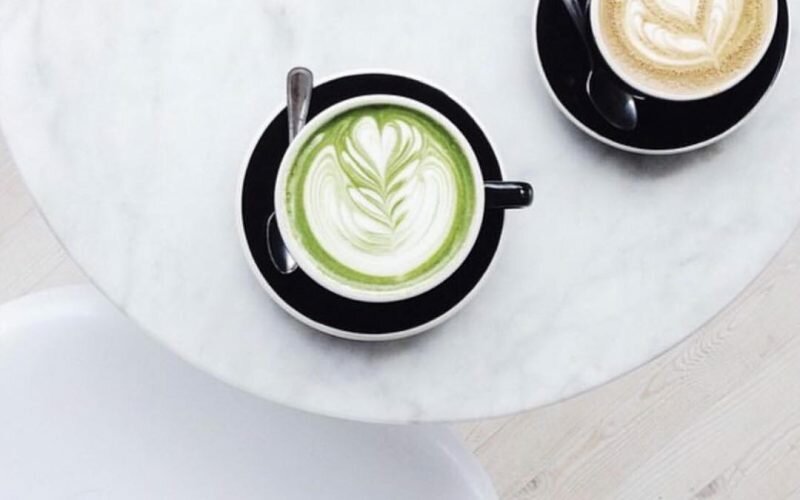Let’s investigate the holy grail of health questions. Is coffee healthy? Before we get into the science, let me tell you about my relationship with the black stuff.
I like coffee. The smell, the taste, the feeling. I normally have two strong cups a day. A long black with cinnamon helps me chip away at that never-ending to-do-list.
I only ever start to question the health of my coffee consumption when it starts creeping up. Less sleep and more work asks for more coffee. When I’m having three a day and not getting a buzz, I know I’ve crossed into the threshold of dependence.
Coffee, The Scapegoat
In these periods of extra stress and less sleep I blame coffee for how I feel. Run down. Adrenals fatigued. I developed that opinion years ago when we first opened Green Press.
I was working 80 hour work weeks. Coffee hits at 7pm, just to get more work done. The glamorous life of small business ownership. I was given the following advice from several medical professionals, lastly echoed by my physio:
“You’ve got adrenal fatigue. Stop borrowing all your energy sources and never paying them back. Work less. And you have to cut down on the coffee.”
So I Quit Coffee
I’ve done this several times for significant periods. Recently, I kicked it for three weeks. I’m sure there’s lots of strategies to quit coffee but what worked for me was the ol’ switcheroo. I just ordered turmeric lattes. My body recognised a warm cup of comfort and had no idea that the caffeine was missing. No withdrawal headaches either.
So How Come I Keep Coming Back To Coffee?
I enjoy it. The smell is intoxicating and it tastes great. But in order to drink it indefinitely I wanted to find out once and for all if it’s detrimental to my health. Or if it’s actually healthy. What I found surprised me.
Is Coffee Good For You?
Firstly, let’s define what we’re talking about. We’re discussing the impact of black coffee. If you’re coffee order is “white with two” or “latte with sugar” then this website can’t help you. You’re ordering warm cups of milk with sugar, and a touch of coffee. You’re nutritional knowledge and tastebuds are stuck in 1990. Are you still wearing MC Hammer’s pants?
We’re looking at the impact of black coffee. No stress if you like yours with a little nut milk. Though the soy conversation can be had another day.
Coffee & Antioxidants
Coffee is the number one source of antioxidants in the world.
But Wouldn’t Roasting & Boiling Coffee Reduce The Antioxidants?
That’s what I was expecting. All the heat that’s used to make that cup of joe must cook out the compounds? However, this study shows that whilst the most prominent antioxidants in green beans decrease (chlorogenic acids), other antioxidants are formed. Which might be why a cup of coffee has the following impact.
Coffee Helps You Age Slower
A study on female nurses shows that coffee slows down ageing. Coffee preserves the length of telemores, which are there to protect our cells from oxidative stress. The longer your telemores, the longer you’ve got left :).
Coffee & Disease
There’s numerous studies that show coffee protects against disease:
- this study shows that coffee consumption protects against neurological diseases like Parkinson’s
- this study shows it protects against Alzheimer’s
- this study shows that it protects against type 2 diabetes
- this study shows it protects against liver cirrhosis; and
- there’s strong evidence that is actually prevents all sorts of cancers
Which might be why this study found that coffee reduces the risk of death!

The above study followed 402,260 people, 50 to 71 years of age, for 12 to 13 years. So it’s a serious sample size. Remarkably, they found that the people who drank 4-5 cups of coffee per day lived longer! Obviously it’s hard to know what other lifestyle components influence these results but it’s fascinating none the less.
As the study concludes, at the very least, “our results provide reassurance with respect to the concern that coffee drinking might adversely affect health.”
And Coffee Can Make You Happier
There are studies from Harvard (1, 2) showing that coffee may make you happier too. Coffee reduces the risk of depression by 20% and the risk of suicide by 53%.
But What About Adrenal Fatigue?
Contrary to popular opinion, and that of my physio, this detailed study by endocrinologists proclaims that adrenal fatigue doesn’t even exist. I’ll say that again. Adrenal fatigue doesn’t exist. It’s called stress. Don’t blame poor ol’ coffee.
However, Individual Results May Vary
One thing to note about coffee is that we respond to it differently. Our genetical make up will influence how we feel and what impact it has on our health. If you have an acid reflux then it might not be for you. If you’re one of those people who experiences jitteriness, anxiety or heart palpitations, then your better off finding your antioxidants somewhere else. Similarly, it’s a bad idea for psychiatric in-patients.
And another subgroup that should steer clear are people suffering from Inflammatory Bowel Disease (IBD).
If you’re pregnant, then I don’t know the prescription. The internet is contradictory. The consensus seems to be that you can have one cup a day. Most of the advice is to go easy on the caffeine.
Conclusion
Going into this research I anticipated that coffee had little to no antioxidant properties, especially once it’s roasted and boiled. And I thought it was a stimulant that leads to energy crashes and fatigue.
I’m shocked that the evidence is challenging. Coffee is a great source of antioxidants and it clearly prevents disease and ageing.
Providing you enjoy coffee and it doesn’t have an adverse reaction to you, then you should be enjoying more. Or at the least not feeling guilty about your daily cup(s) of comfort.
Although I better leave with a disclaimer. If you NEED 4-5 cups of coffee each day to get by because you’re the busiest person you know, then all the roasted antioxidants in the world aren’t going to save you. Coffee isn’t the solution, or the problem. It’s time to quit the job, dump the partner or move across the world. I hear they make a good cup in Italy.
Article by James Mcloughlin – Green Press
James is a Green Press Co-Founder. The boy from Alice Springs got his nutritional education while living in New York for three years and then moved to another new city, Melbourne, with not much more than his Norwalk juicer. A bunch of recipes and a desire to be an entrepreneur had James learning the City of Coffee all the while saving his pennies to start his dream eatery. A dream shared by his nutritional educator and partner, Lindsay. As well as his protege chef brother, Miles.
W: greenpress.co
F: /greenpress
I: /greenpress






